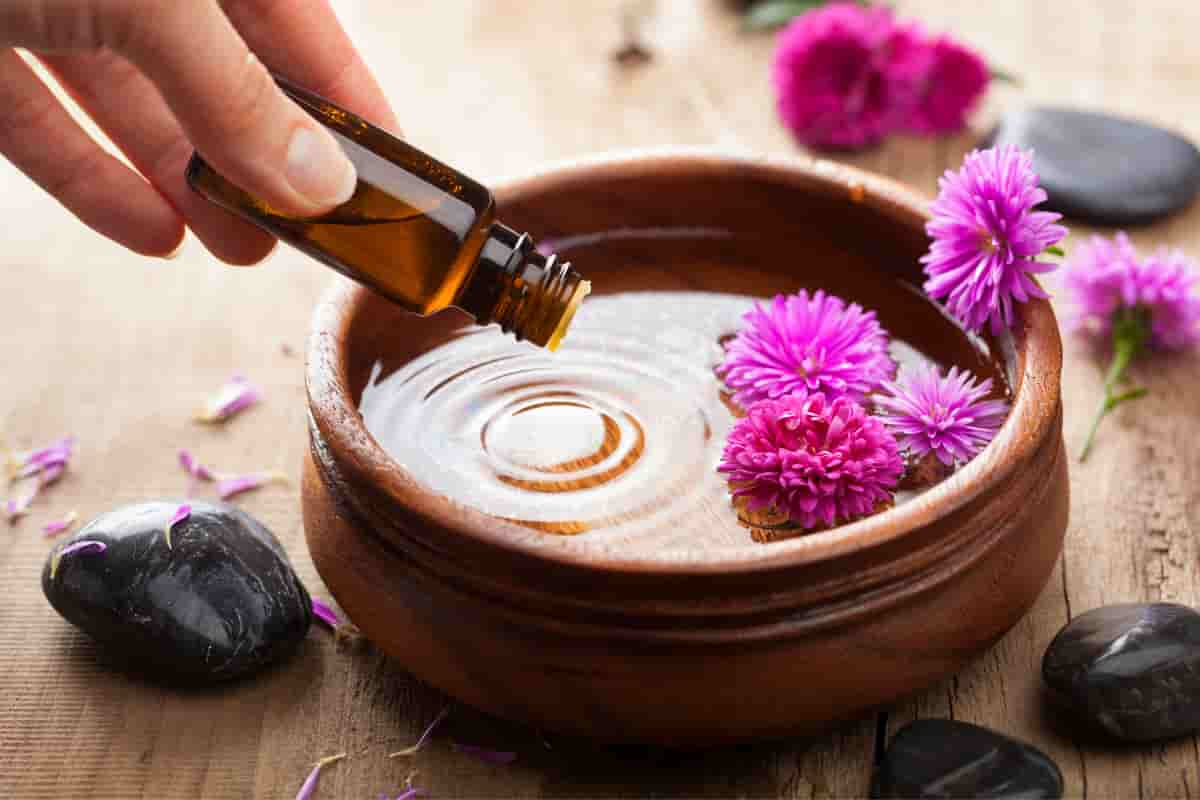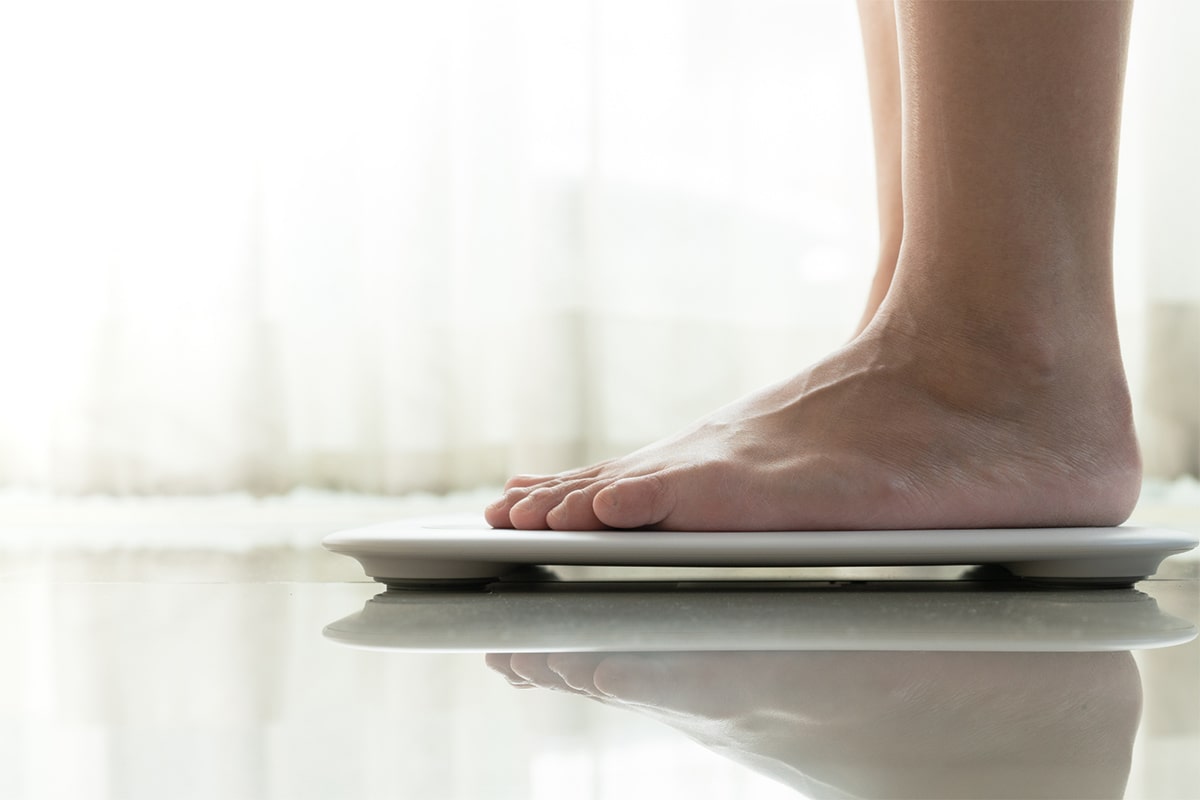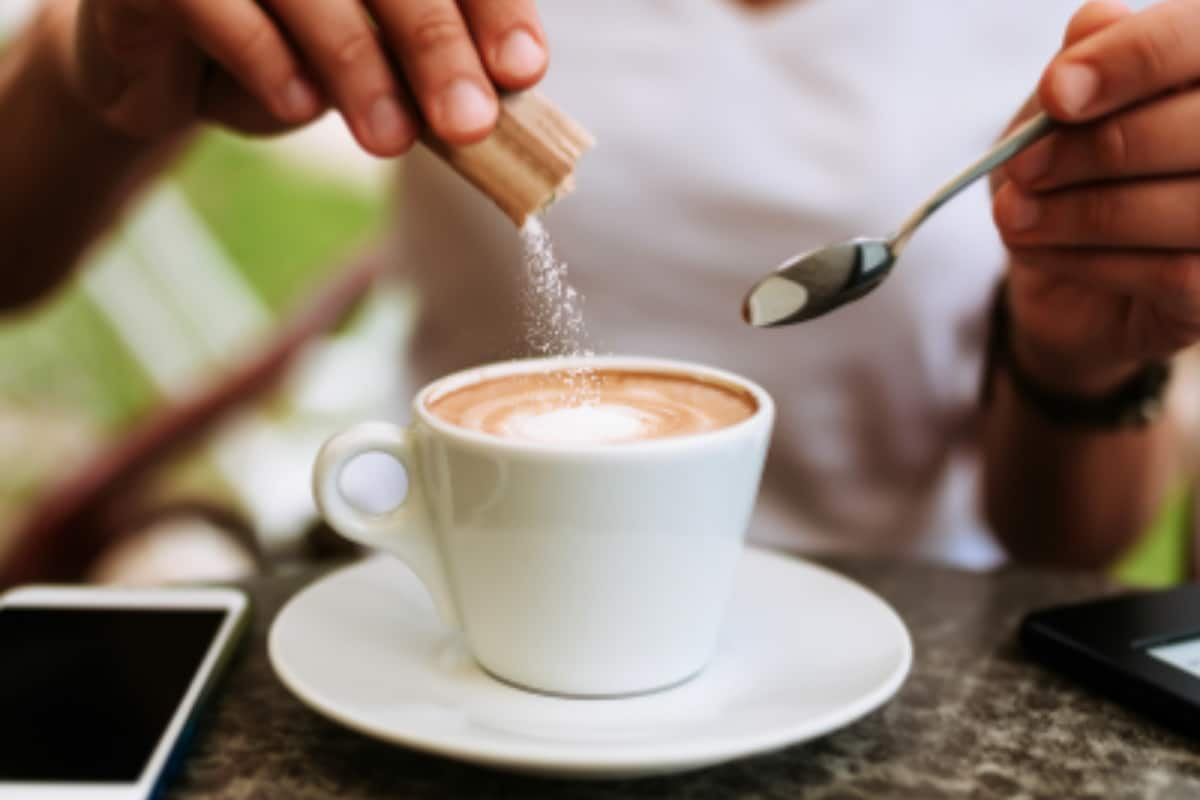Aromatherapy and Menopause Symptom Relief

Natural solutions for menopause symptom relief appeal to many women experiencing hot flashes, sleep disturbance, anxiety, and more. Aromatherapy is an alternative approach to symptom management that uses the scents of nature to promote well-being—but does it work?
What is Aromatherapy?
Aromatherapy is an alternative health approach that uses essential oils from plants, including flowers, herbs, and trees. Essential oils are created by steaming or pressing plants to extract fragrance. Then, essential oils are inhaled or applied topically to the skin.
The use of aromatic plants for health dates back thousands of years and developed in many regions of the world. Traditional Indian medicine, known as Ayurveda (meaning ‘life knowledge’), has used plants and plant extracts for over 5000 years.
While the evidence for using essential oils and aromatherapy to treat physical and psychological symptoms is mixed, it may offer an alternative approach for those looking to manage their menopause symptoms.
One study suggests that aromatherapy helps reduce symptoms by reducing the body’s stress response. Inhaling a scent activates your olfactory system, which is responsible for your sense of smell. The olfactory system is linked to your limbic system, a part of the brain responsible for many behavioral and emotional responses.
The communication between the olfactory and limbic systems stimulates chemical responses that, in turn, impact your mood. Each essential oil purports to impact the brain differently through its unique chemical properties.
Essential Oils for Common Menopausal Symptoms
Sleep
Sleep disturbance is a common struggle for menopausal women. Studies have shown that aromatherapy can help middle-aged women fall asleep faster, promote REM sleep, and increase total sleep quality and duration.
Inhaling lavender oil promotes relaxation and helps reduce night wakings. Three trials found that lavender ingested via capsule or aromatherapy significantly improved sleep quality. It may also improve depression, anxiety, and sexual desire.
Hot Flashes
A strategy to combat hot flashes is therapeutic massage with essential oils. One study of people with hot flashes found that eight weeks of weekly aromatherapy massage reduced hot flashes, depression, and pain. The essential oils used were lavender, rose geranium, rose, and jasmine in almond and primrose oils.
Many menopausal symptoms result from the decrease in estrogen that naturally occurs in menopause. Some essential oils contain chemical structures similar to estrogen, called phytoestrogens. For this reason, using these essential oils may have a mild hormone-balancing effect. For example, applying a diluted solution of clary sage directly to the skin has been found to reduce hot flash intensity.
Stress and Anxiety
In addition to physical symptoms, menopause can contribute to mood swings, irritability, anxiety, and depression. Massage therapy with essential oils was found to improve anxiety, irritability, and depressed mood in menopausal women in Iran.
Massage with geranium oil has proved to be especially beneficial. Women in menopause who received weekly massages with geranium oil were found to have improved depression scores. Geranium has also been shown to reduce anxiety and relax muscles.
What to Know Before You Use Aromatherapy
While essential oils are generally considered safe, make sure to follow these guidelines:
Diffusion
- Dilute oils before use.
- Diffuse in 30-minute intervals for better safety and efficacy.
- Always diffuse in a well-ventilated area. Avoid diffusing essential oils where other people, especially young children, may be exposed.
Topical Use and Dilution
- Never apply essential oils directly applied to the skin without proper dilution using a carrier oil. Generally, the concentration should be less than 5%.
- If you have sensitive skin or take several medications, test a small patch of skin to make sure you do not have a reaction. A small number of people may experience irritation or an allergic reaction.
Internal Use
- Never ingest essential oils without first speaking with your healthcare provider.
Quality
The Food and Drug Administration does not regulate essential oils, so quality can vary wildly. The International Federation of Aromatherapists suggests several guidelines when purchasing essential oils.
- Always buy from a reputable supplier.
- Check the labeling for a batch number, sell or use by date, dilution percentage, safety guidelines, and more.
- If the oil is pre-diluted, the carrier oil should also be named.
- The oil should be packaged in a dark glass bottle.
- Be wary of oils being sold at a very low price, as they probably aren’t pure.
- Avoid oils labeled as “fragrance oils.” These oils are at least partially artificially produced.
While there is room for more research on the benefits of essential oils in menopause, aromatherapy is generally considered safe if you follow the guidelines above. Consult an integrative medicine specialist to create the best treatment plan for you.
Sign up for more unique women’s health content
By submitting this form, you agree to the Lisa Health Privacy Policy and Terms of Use


